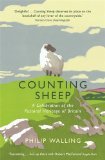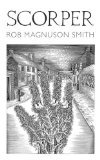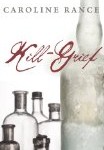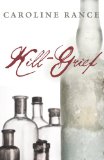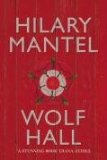Five words from the blurb: British, countryside, history, farmers, change
Counting Sheep is one of those rare books with the power to interest the reader in a subject of which they previously had little knowledge. The book gives a complete history of sheep in Britain, explaining how breeds have changed over time to reflect our varying needs for wool, meat and milk.
Counting Sheep does for sheep what Leviathan by Philip Hoare did for whales. It is packed with little anecdotes and is the sort of book where you find yourself continually pausing in order to tell others some bizarre fact that you’ve just learnt:
In hard times, when grass is really scarce, Herdwicks will find a way to survive. The most enterprising will find their way onto roadside verges, jumping stone walls or getting over cattle grids by squeezing themselves close to the side-walls and tiptoeing along the edge like a ballerina; I heard of one ewe that mastered a trick of doing a side-roll over the bars.
The book is divided into chapters which each focus on a different breed of sheep. I was previously unable to identify many different characteristics of these animals, but I feel I could now confidently distinguish a Dorset Horn from a Black Hebridean!
Philip Walling’s love for the British countryside shone through and I loved the descriptions of his travels to meet different flocks. The historical research was also impressive and I especially liked learning that working dogs sometimes brought flocks of sheep home from markets without any human accompaniment – sometimes even stopping overnight for food and shelter at known inns!
I occasionally found the detail of the breed history a little boring, but the book wouldn’t have been complete without this information. I was happy to skim over the names and dates in order to move onto something more interesting, but I’m sure that anyone with a greater affiliation with sheep will find these details useful.
If you have any interest in the natural history of Britain then you need to add this book to your shelves – it will give you renewed admiration for the flocks quietly grazing in nearby fields.

.
